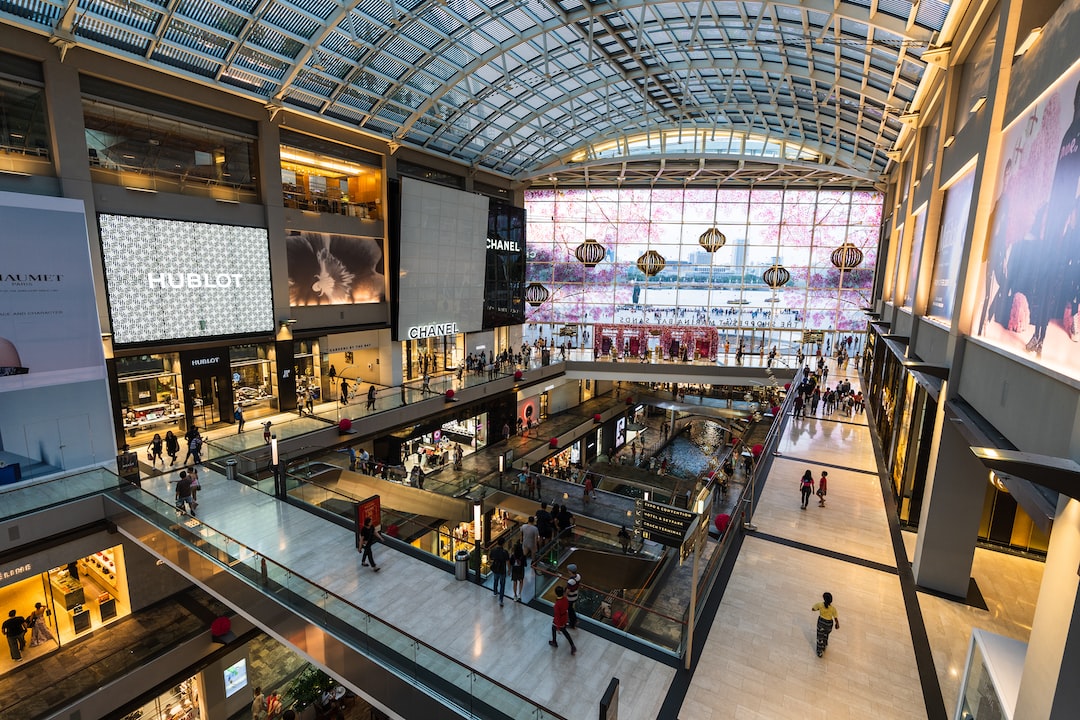Artificial Intelligence (AI) has revolutionized various industries and the retail industry is no exception. With its ability to automate processes, analyze data, and make intelligent predictions, AI is reshaping the retail landscape in significant ways. From personalized customer experiences to improved operational efficiency, AI is having a tremendous impact on the retail industry.
One of the key ways AI is transforming retail is through enhanced customer experiences. AI-powered chatbots and virtual assistants are being used to provide instant and personalized customer service. These virtual assistants are available 24/7, helping customers with their queries, guiding them through the purchasing process, and even suggesting relevant products based on their preferences. This level of personalized assistance not only improves customer satisfaction but also increases sales and conversions.
Moreover, AI is facilitating personalized marketing campaigns. AI algorithms can analyze vast amounts of customer data to understand their preferences, buying patterns, and demographics. This enables retailers to send targeted advertisements and recommendations to individual customers, increasing the likelihood of a purchase. For example, through AI-powered recommendation engines, platforms such as Amazon and Netflix suggest products and movies that customers are likely to enjoy based on their previous browsing and purchasing history.
AI is also revolutionizing inventory management and supply chain operations in the retail industry. With AI-powered demand forecasting, retailers can accurately predict future demand for products, enabling them to optimize inventory levels and avoid stockouts or excess inventory. By using historical data, market trends, and even external factors like weather patterns, AI algorithms can predict demand fluctuations more accurately than traditional methods. This not only improves efficiency but also reduces costs and minimizes waste.
In addition, AI is enabling retailers to enhance their fraud detection capabilities. AI algorithms can analyze vast amounts of data to identify unusual patterns or anomalies that indicate potential fraudulent activities. By flagging suspicious transactions in real-time, AI-powered systems can prevent losses and protect both retailers and customers. This proactive approach to fraud detection helps to secure transactions and build trust with customers.
Another significant impact of AI in the retail industry is the use of computer vision and facial recognition technologies. These technologies are being employed for various purposes, such as cashier-less shopping experiences and targeted advertising. For example, Amazon Go stores utilize computer vision and sensor fusion to track and identify items that customers pick up, enabling them to automatically charge customers as they leave the store. Facial recognition technology is also being used to provide personalized in-store experiences. Retailers can use facial recognition to identify loyal customers, offering them customized recommendations and discounts.
Despite its many benefits, the adoption of AI in the retail industry also raises concerns. There is the potential for job displacement as automation takes over routine tasks currently performed by human workers. However, it is important to note that AI is creating new job opportunities, particularly in areas like data analytics and AI development.
In conclusion, AI is making a significant impact on the retail industry. From enhancing customer experiences to improving operational efficiency, AI is transforming how retailers operate and engage with their customers. As AI continues to advance, it will be interesting to see how retailers adapt and leverage its capabilities to stay competitive in today’s digital era.


